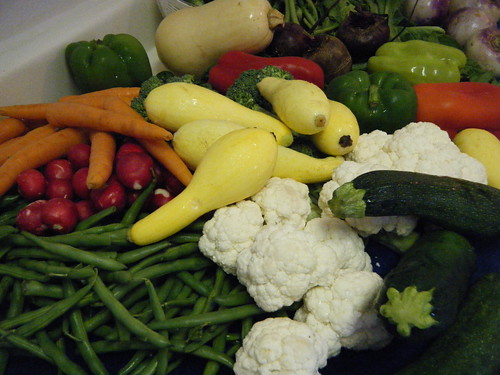
Q: Should I peel my bird’s fruit and vegetables?
-Christopher B., Jackson, MS
A: Many rinds or skins taste bitter to humans and it is our habit to remove them. It seems right to prepare our parrot’s foods in much the same way as we prepare our own. However, we are short changing them when we do. Not only do parrots like a lot of bitter tasting things, but some of the best nutrients in produce are found in the parts we typically throw away or avoid eating.
-
Kiwi – the fuzzy outer skin of the kiwi ...
